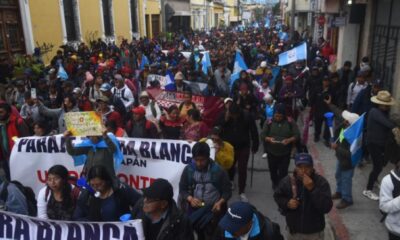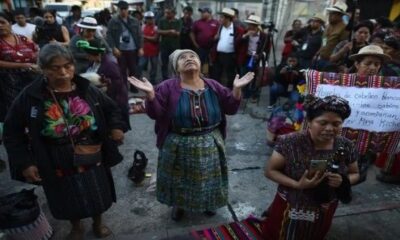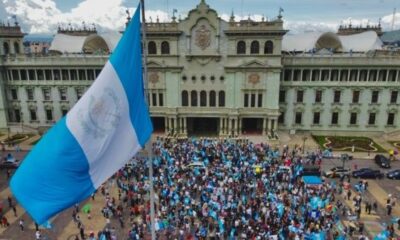International
Guatemalan prosecutors and justice operators lack security guarantees in province
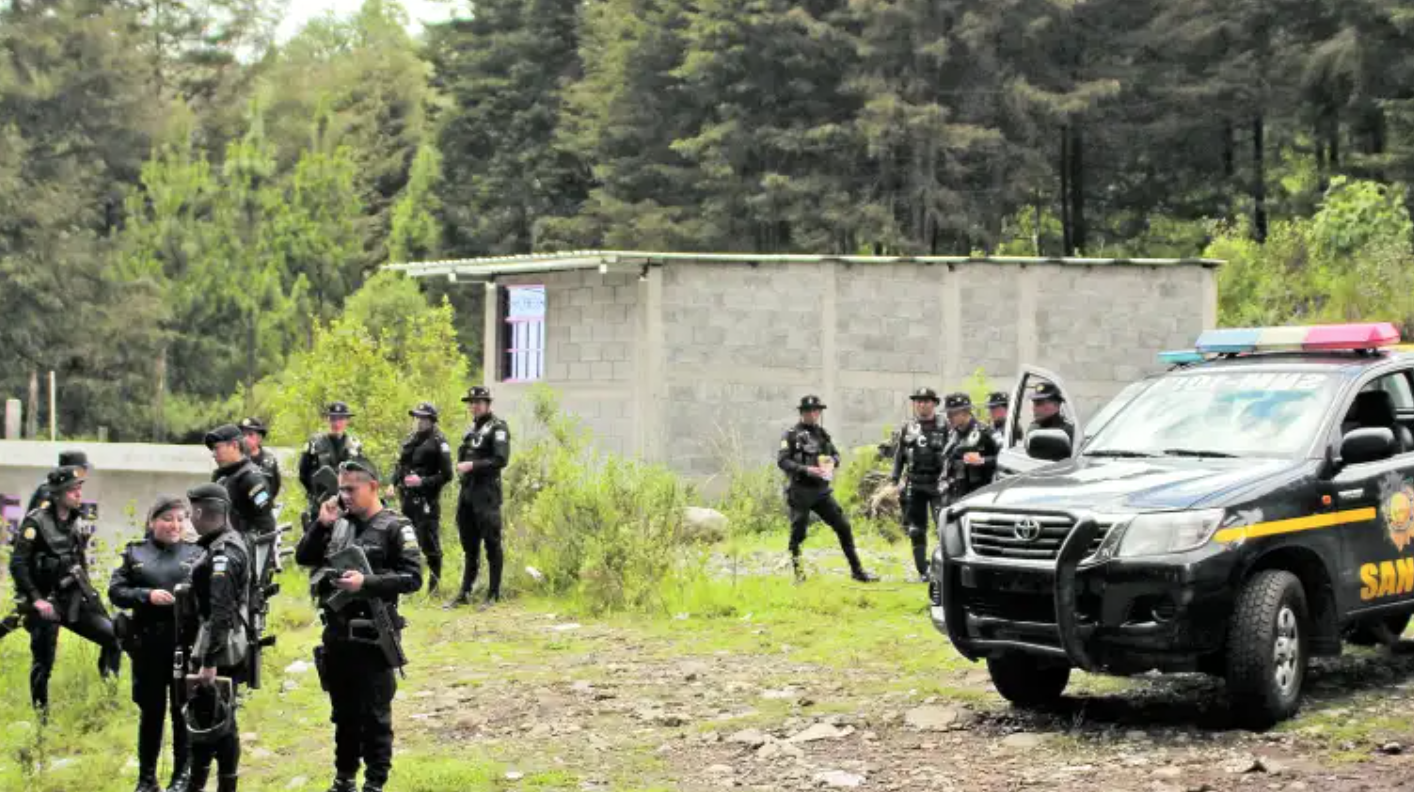
October 24 |
The kidnapping 29 days ago of a prosecutor and two investigators from the Public Ministry (MP) in Tajumulco, San Marcos, reveals the vulnerability of the investigators in the province.
This situation is caused by several factors, such as insufficient support from the National Civil Police (PNC) and the dominance that criminal structures have over municipal and departmental authorities, according to a former secretary of the Public Prosecutor’s Office and an analysis of the situation by the Pro-Justice Movement.
On September 25, a prosecutor and two investigators from the Public Prosecutor’s Office (MP) were kidnapped by residents of the village of Tuinimá, Tajumulco, San Marcos, who demanded the closure of the municipal headquarters of the MP in Tajumulco and the release of two people linked to the crime of an army colonel.
As of yesterday, the MP workers had been in this situation for 28 days. According to the official report of the auxiliary of the Human Rights Ombudsman’s Office, the reason for the kidnapping is because the victims were carrying out a field inspection related to the theft of electricity.
“Being a prosecutor at the municipal or departmental level is different from being a prosecutor in Guatemala City,” says Javier Monterroso, ex-secretary of the MP, who affirms that the prosecutors and investigators assigned in the province work with many “precariousnesses” and normally only investigate common crimes, so as not to enter into confrontation with the inhabitants or put themselves at risk from organized crime.
“Their work is more complicated because there are fewer PNC agents and MP personnel, but in addition, many members of the security forces themselves are committed to the powers that be, politicians and drug traffickers,” Monterroso said.
He also states that in the province, municipal and departmental authorities depend a lot on the criminal structures in the region, and for this reason, when it comes to investigating criminal structures, prosecutors are asked not to be from the department so that there are no reprisals, and they opt to bring prosecutors from the capital city, in addition to the support of the army.
“But even so, prosecutors are very vulnerable because of the above situations and when they are retained by the population, they are tied up and beaten on the orders of community leaders or organized crime,” says Monterroso.
The former secretary of the MP says that even some of the workers who have been retained have said that they are subjected to psychological abuse, when they are threatened that they will be burned and “they show them or gasoline”.
Retention of personnel, according to Monterroso, has occurred most frequently when investigating illegal electricity connections or when tracking poppy plantations.
For Carmen Aída Ibarra, director of Movimiento ProJusticia, these events are more recurrent in Huehuetenango and San Marcos, mainly in the border areas with Mexico, due to the presence of drug trafficking.
“In some places, the economy of the communities depends on illegal crops and contraband, and the physical integrity of the prosecutors is at risk,” said Ibarra.
The researcher and expert in the justice sector reiterates that there are communities where the population rejects the presence of the PNC and the MP and prefers to act according to their rules, often to defend the interests of organized crime or the community itself, “when the local economy is affected”.
Ibarra affirms that the lack of security guarantees for prosecutors and investigators of the MP in the province is compounded by the fear of being removed or dismissed.
“In 2021 there was a series of transfers and removals that affect them, because they are sent far from their residence. They live in fear, because they do not know when they will be transferred or dismissed,” said Ibarra.
International
Trump urges Putin to reach peace deal
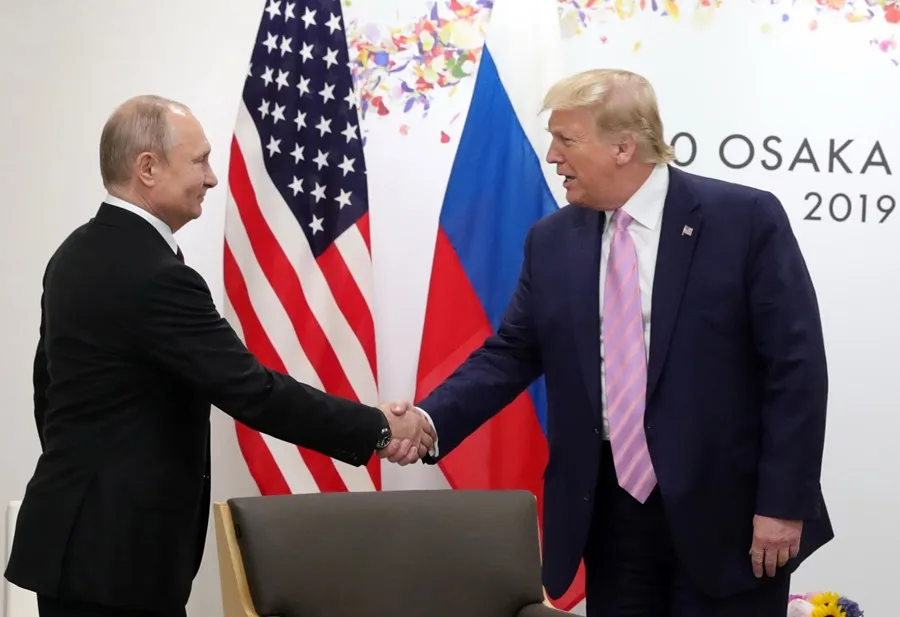
On Monday, U.S. President Donald Trump reiterated his desire for Russian President Vladimir Putin to “reach a deal” to end the war in Ukraine, while also reaffirming his willingness to impose sanctions on Russia.
“I want to see him reach an agreement to prevent Russian, Ukrainian, and other people from dying,” Trump stated during a press conference in the Oval Office at the White House.
“I think he will. I don’t want to have to impose secondary tariffs on Russian oil,” the Republican leader added, recalling that he had already taken similar measures against Venezuela by sanctioning buyers of the South American country’s crude oil.
Trump also reiterated his frustration over Ukraine’s resistance to an agreement that would allow the United States to exploit natural resources in the country—a condition he set in negotiations to end the war.
International
Deportation flight lands in Venezuela; government denies criminal gang links

A flight carrying 175 Venezuelan migrants deported from the United States arrived in Caracas on Sunday. This marks the third group to return since repatriation flights resumed a week ago, and among them is an alleged member of a criminal organization, according to Venezuelan authorities.
Unlike previous flights operated by the Venezuelan state airline Conviasa, this time, an aircraft from the U.S. airline Eastern landed at Maiquetía Airport, on the outskirts of Caracas, shortly after 2:00 p.m. with the deportees.
Interior Minister Diosdado Cabello, who welcomed the returnees at the airport, stated that the 175 repatriated individuals were coming back “after being subjected, like all Venezuelans, to persecution” and dismissed claims that they belonged to the criminal organization El Tren de Aragua.
However, Cabello confirmed that “for the first time in these flights we have been carrying out, someone of significance wanted by Venezuelan justice has arrived, and he is not from El Tren de Aragua.” Instead, he belongs to a gang operating in the state of Trujillo. The minister did not disclose the individual’s identity or provide details on where he would be taken.
International
Son of journalist José Rubén Zamora condemns father’s return to prison as “illegal”
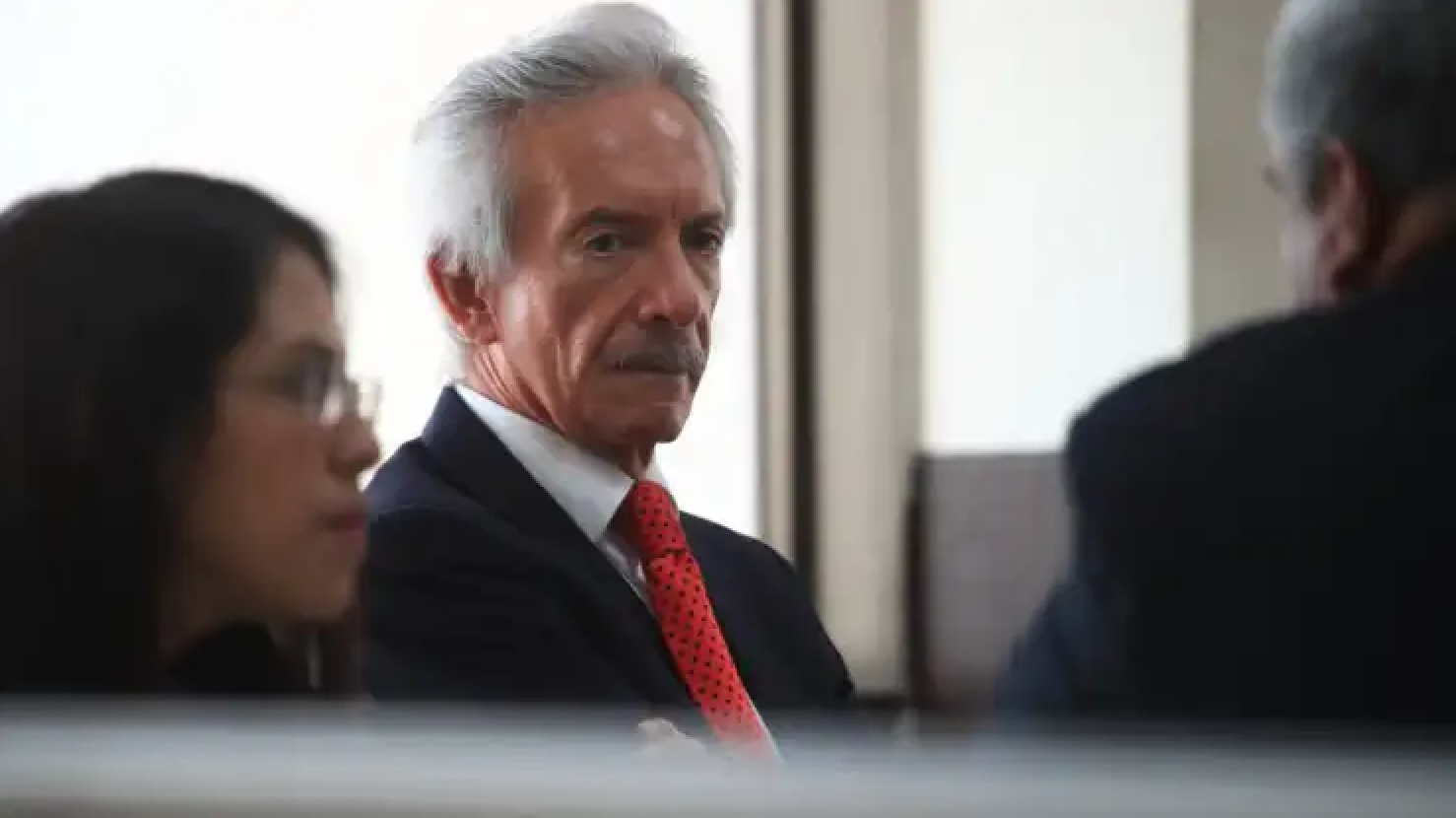
The son of renowned journalist José Rubén Zamora Marroquín, José Carlos Zamora, has denounced as “illegal” the court order that sent his father back to a Guatemalan prison on March 3, after already spending 819 days behind barsover a highly irregular money laundering case.
“My father’s return to prison was based on an arbitrary and illegal ruling. It is also alarming that the judge who had granted him house arrest received threats,” José Carlos Zamora told EFE in an interview on Saturday.
The 67-year-old journalist was sent back to prison inside the Mariscal Zavala military barracks on March 3, when Judge Erick García upheld a Court of Appeals ruling that overturned the house arrest granted to him in October. Zamora had already spent 819 days in prison over an alleged money laundering case.
His son condemned the situation as “unacceptable”, stating that the judge handling the case “cannot do his job in accordance with the law due to threats against his life.”
-

 Central America5 days ago
Central America5 days agoNicaragua denounces Costa Rica’s position in SICA as aligned with foreign interests
-

 Central America5 days ago
Central America5 days agoNicaragua’s new judicial law consolidates power in Ortega and Murillo’s hands
-
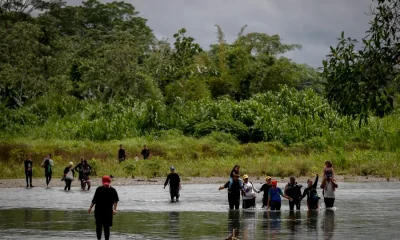
 Central America5 days ago
Central America5 days agoPanama’s president declares Darién gap ‘closed’ amid sharp drop in migrant flow
-

 International3 days ago
International3 days agoSon of journalist José Rubén Zamora condemns father’s return to prison as “illegal”
-

 International5 days ago
International5 days agoMarco Rubio warns Venezuela against military action against Guyana
-

 International3 days ago
International3 days agoMiyazaki’s style goes viral with AI but at what cost?
-

 Central America2 days ago
Central America2 days agoPanama police clarifies that Interpol alert for Martinelli is still pending
-

 International2 days ago
International2 days agoDeportation flight lands in Venezuela; government denies criminal gang links
-

 Central America15 hours ago
Central America15 hours agoU.S. Homeland Security Secretary urges Mexico to strengthen Guatemala border
-

 International15 hours ago
International15 hours agoTrump urges Putin to reach peace deal
-

 Central America15 hours ago
Central America15 hours agoPanama grants Martinelli 72-hour extension to travel to Nicaragua
-
Central America4 days ago
Nicaragua revokes legal status of 10 more NGOs, bringing total to over 5,600




































































